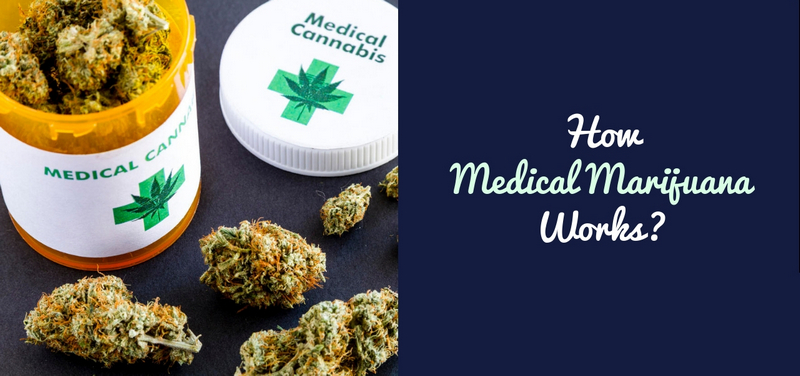
The history of the use of cannabis for medicinal purposes has more than 4000 years. The first mention of it is contained in the ancient Indian sources, which described the psychoactive properties of cannabis and its use in the treatment and prevention of various diseases. In recent years, interest in cannabis as a drug has begun to increase again. Currently, there are many supporters of the use of this plant for medical purposes and not a smaller number of opponents. Medicinal products derived from cannabis have been used in ancient India, Mesopotamia, Ancient Egypt, Eastern countries for the treatment of intestinal disorders, insomnia, headache, as an anesthetic for childbirth, etc. In the East, marijuana was used not only as medicine in medical clinics but also as a psychotropic drug (most often for smoking). This property of marijuana to cause drug addiction made this product prohibited in many countries. In this article, we will highlight the beneficial properties of cannabis and possible medical uses of this plant.
What is cannabis?
Cannabis is the Latin name for cannabis. Plants contain more than 60 different pharmacologically active substances – cannabinoids. The main ones are tetrahydrocannabinol (THC) and cannabidiol (CBD). Their number varies considerably from plant to plant. In addition, cannabis contains other substances that can be used in medicine, for example, essential oils (terpenes) and flavonoids.
Medical use of marijuana: Conditions treated by cannabis
The fact that marijuana was classified as a narcotic has greatly complicated its use as a medicine, although in this capacity cannabis has many advantages and can be used in the treatment of a significant number of diseases accompanied by pain, muscle spasms, nausea, vomiting, weight loss bodies, etc.
The use of marijuana and its derivatives (cannabinoids) is indicated for the following diseases:
- HIV and AIDS. Marijuana can reduce nausea, loss of appetite, and vomiting. It can be used in combination with other drugs;
- Glaucoma. Marijuana relieves intraocular pressure in glaucoma and, therefore, results in pain relief and slowing or even stopping the progression of the disease;
- Malignant neoplasms. In the treatment of these diseases, drugs are used that cause numerous side effects that cannabis helps to eliminate. In addition, some studies show that marijuana can slow the progression of certain types of cancer;
- Multiple sclerosis. Muscle aches, cramps, tremors, and unsteady gait are just some of the manifestations of the disease that cannabis with antispasmodic and anticonvulsant effects can eliminate;
- Epilepsy. In some patients, epileptic seizures can be prevented by using marijuana;
- Chronic pain. Marijuana helps relieve pain in many diseases and injuries;
- Cannabis as an analgesic and immunomodulator is indicated for the treatment of a migraine, arthritis, diseases of the spine and the musculoskeletal system;
- Bronchial asthma. As a bronchodilator, cannabis can be used in the treatment of bronchial asthma;
- Anxiety-depressive states. Although the effect of anxiety to a small extent can be caused by the use of marijuana itself (in fact, it is a side effect of its use), cannabis can elevate mood and help get rid of the state of depression;
- Mental disorders. Recent studies by Express Pharmacy have shown that cannabis and its derivatives can be effective in treating affective disorders and various mental health disorders – depression, post-traumatic stress disorder, clinical depression, obsessive-compulsive disorder, panic disorder, bipolar disorder;
- PMS, hypertension, insomnia, constipation, alcohol hangover. The same study indicated that cannabinoids can be used in the treatment of premenstrual syndrome, hypertension, insomnia. It is also reported that these funds are effective for the treatment of constipation and alcohol hangover;
- Serious drug addiction. In some cases, cannabinoids are used in the treatment of drug addiction caused by opiates, in particular, heroin.
Of course, the question of the feasibility of using marijuana for medical purposes can only be solved by a doctor. An independent patient’s decision on the use of marijuana may not only harm but also lead to quite serious frictions with the law since the legislation of some countries treats marijuana only as a narcotic substance and does not allow its use for medical purposes.


